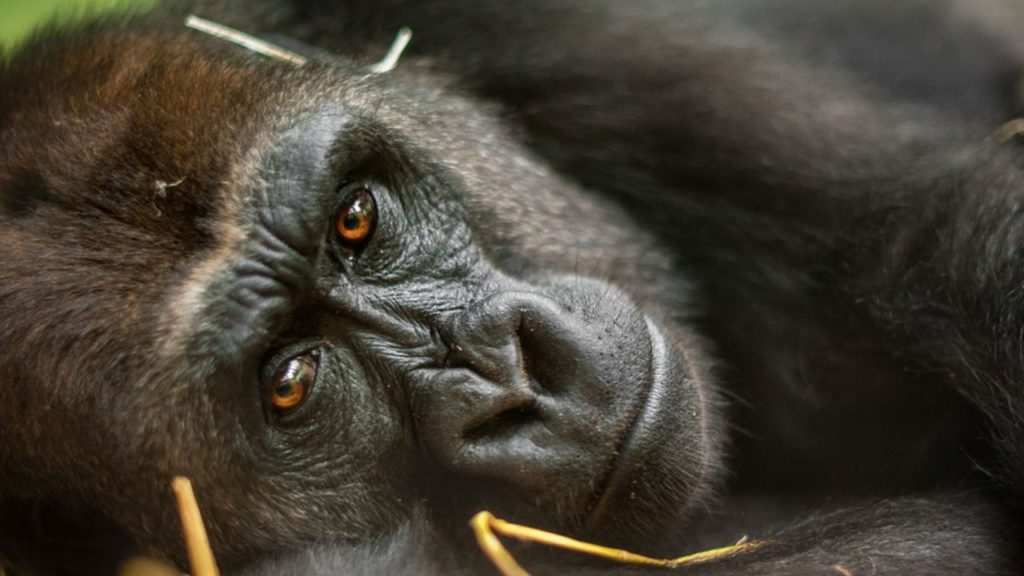A research and awareness project in a wildlife reserve in Cameroon has led local communities to largely swap commercial hunting of gorillas and chimpanzees for cocoa farming and fishing.
The project, initiated by scientists from Antwerp Zoo and Planckendael Zoo, operates under a reciprocal environmental agreement (REA) between conservation organisations and local community members.
86 families near the Dja Faunal Reserve were persuaded to abandon commercial hunting of primates in favour of more sustainable income sources, with the necessary support provided. 57 other families must still be convinced.
The initiative is proving effective. "Our three-year study shows that this approach significantly reduces the threats to endangered species and strengthens the economic position of local families," said coordinator Jacob Willie.
Previously, efforts focused on protecting animals by setting up barriers or issuing fines, but this led to conflicts and lacked sustainable solutions. The new approach integrates the needs of both wildlife and local people.
Antwerp Zoo's research indicates participating families significantly increased their income and reduced their food insecurity. Additionally, the hunting of gorillas and chimpanzees has nearly disappeared in the area.
Convincing younger hunters remains challenging, as they are less receptive to activities that only become profitable after a few years. "Quicker-return alternatives, such as work as forest guides, will be essential to engage this group," the researchers noted.

